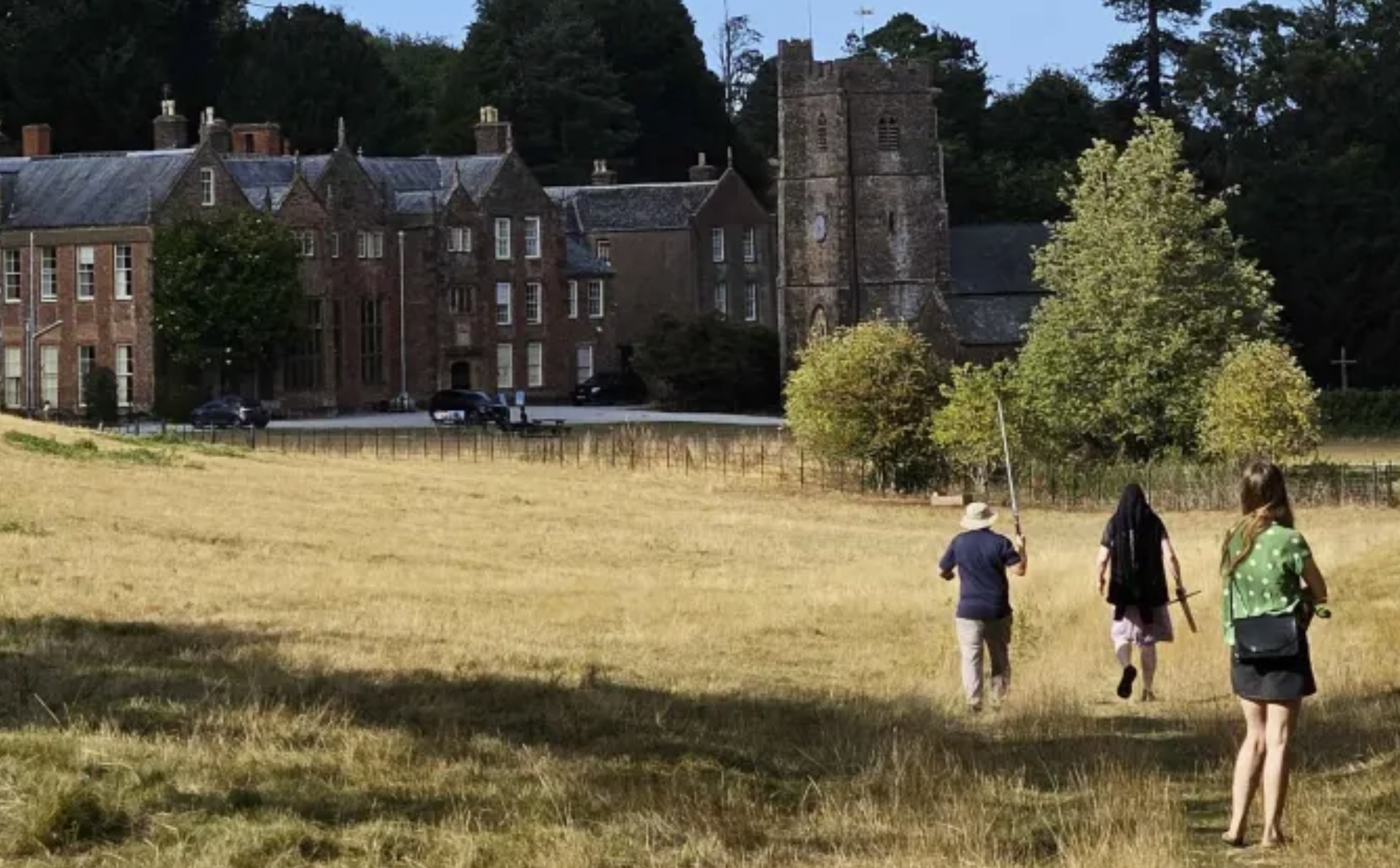ESPR is structured around a couple optional classes each day, followed by activities organized by students and staff. Alumni consistently report that the classes aren’t the point of ESPR - interactions with other participants and the atmosphere are often cited instead - but they set the tone and provide a starting point.
An example day
0900: Breakfast and Morning meta. Time for comments, requests, logistics updates, and reflection on the previous day.
0930: Bayes - what are you supposed to do with new information? The class briefly goes over some theoretical background for what a perfectly rational agent would do and then introduces various ways to use this in real life, such as how much getting a positive or negative test result for some disease actually tells you about the likelihood of you having the disease.
1045: What’s stopping you - even really talented and well-positioned people rarely set ambitious goals and then execute them; what’s in their way? The class goes over examples of people figuring out what their bottleneck was and gives participants some tools to figure out whether anything of the sort might be happening in their life.
1200: Defense against the dark arts - powerful rhetoric and skilled orators often move people to act in ways they couldn’t be convinced of through reason; how can we notice this happening? The class goes over some fairly mundane circumstances in which so-called dark arts appear, such as interactions with car salespeople claiming that some deal is only valid until the end of the day.
1300: Lunch
1430: Boggle walk - what if we put our attention on what surprises us about our environment? The activity invites participants to notice all the ways they never really thought about what exists and happens around them, such as wondering about what creates a particular discoloration pattern on a wall, why one particular flower seems to have grown much larger than its neighbors or how humans figured out how to mass-produce chairs.
1545: Statistical street fighting - statistics can be used to portray incredibly diverse narratives without outright telling falsehoods; how can we navigate the academic world in light of this? The class goes over some of the more common tools of misdirection and stat-massaging as well as going over how one can avoid accidentally doing so.
1700: Student-led afternoon activities (e.g. Ultimate Frisbee, Löb’s Theorem, Intro to Go, Debate mini-tournament, Discussion about the Fermi paradox, swing dancing)
1800: Time for yourself
1900: Dinner
2000: Lightning talks
2200: Star gazing
2400: Midnight Mathematics
Special events
A few times each camp, we have activities which don’t quite fall into the same category as the rest. These include guest speakers talking about their area of expertise and field trips. Most notable and surprising is the final day of camp, where students control the agenda.


